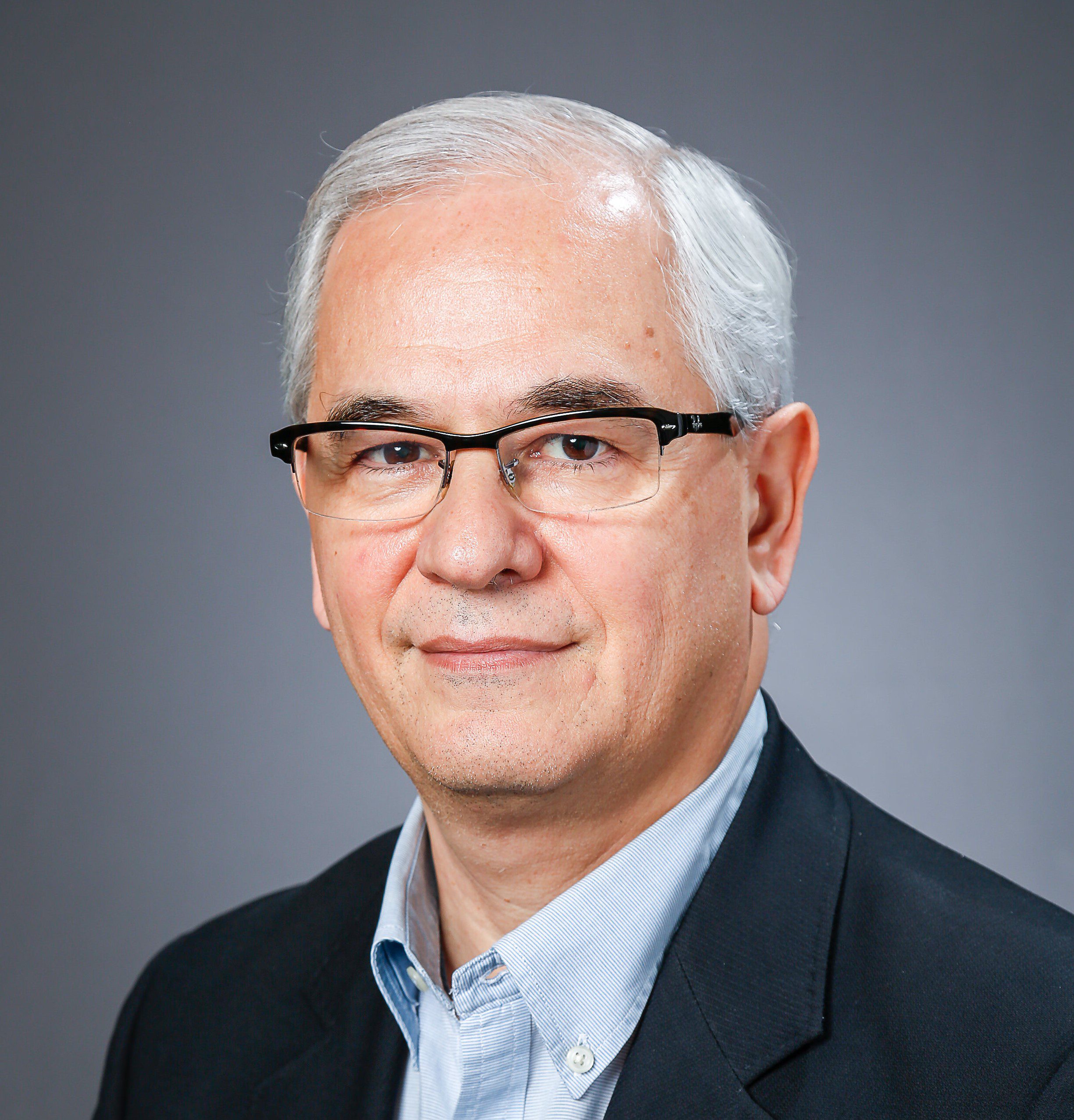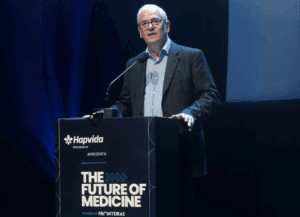On the last day (April, 2) of the outstanding NextMed Health 2025 event – https://www.nextmed.health/, another famous exponent of innovation in health took part: Ray Kurzweil.
He participated live, online, from Boston, and here are some of his views on the exponential growth of AI and its impact on health and medicine.
- 75,000-fold increase in computational power since 1939, predicting AI will achieve AGI by 2029.
- AI is revolutionizing healthcare by repurposing drugs, developing new drugs, and enhancing surgical robots.
- By 2035, AI will simulate entire bodies, accelerating drug but human testing remains crucial.
- AI advancements will reverse aging, reducing death risk.
- There will be an integration of AI with human biology, expanding human intelligence by 2045.
- He acknowledges the downsides of AI, such as privacy concerns and the need for ethical considerations but remains optimistic about its potential benefits.
- Kurzweil stressed the importance of preparing for these advancements in education and healthcare.
Some action items:
- Explore the use of large language models to assist with sensitive health discussions and data collection.
- Investigate the potential for AI-driven drug repurposing to overcome the slow process of new drug approvals.
- Follow up on the recent example of AI-generated drug for idiopathic pulmonary fibrosis that reached phase IIa clinical trials.
- Discuss the implications of AI-powered surgical robots, such as the Star system, and their potential to perform remote surgeries.
- Consider the impact of brain-computer interfaces on the future of healthcare and how they can be integrated into everyday life.
- Explore the feasibility of simulating entire biological systems, including organs and the human body, to accelerate drug testing and personalized treatments.
See this article also on Linkedin: Click Here!










